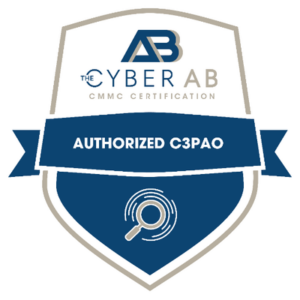
In the field of military and defense, secure communication networks play a crucial role in maintaining operational security. Two important networks used by the United States Department of Defense (DoD) are SIPRNet (Secret Internet Protocol Router Network) and NIPRNet (Non-classified Internet Protocol Router Network). These networks serve as major communication channels for sensitive and non-sensitive data, respectively. But, what’s the difference between the two? Read on to discover more about SIRPNet vs NIPRNet.
Overview of SIPRNet vs NIPRNet
Both SIPRNet and NIPRNet are protected computer networks used by the DoD for communication purposes. However, they differ in terms of their level of security and the types of data that can be transmitted on each network.
Understanding SIPRNet
SIPRNet is the secure communication network used by the DoD to transmit classified information up to the Secret level. It is a joint coalition network that connects multiple agencies and organizations, including the DoD, Department of Homeland Security (DHS), and Department of State (DoS). The network was established in 1991 to provide secure communication channels for military operations and classified information.
Understanding NIPRNet
NIPRNet is a global network that connects Non-Secure Internet Protocol Router Networks worldwide. It primarily supports unclassified data exchange and collaboration between different DoD agencies and organizations. Since it is not classified, access to this network is less restricted compared to SIPRNet.
Contrasting Features of SIPRNet vs NIPRNet
What are the unique features of SIPRNet vs NIPRNet? Both SIPRNet and NIPRNet have distinct features that make them suitable for different types of communication within the DoD.
Level of Security
SIPRNet is a highly secure network that is used to transmit classified information, while NIPRNet has lower security levels and primarily supports unclassified data exchange. The level of security on SIPRNet is maintained through strict access controls and encryption protocols.
Types of Data Transmitted
Since SIPRNet is a secret network, it is used to transmit highly sensitive information such as classified military operations, intelligence reports, and diplomatic communications. On the other hand, NIPRNet primarily supports unclassified data exchange, including emails, documents, and other non-sensitive information.
User Access and Restrictions
Due to its sensitive nature, access to SIPRNet is restricted only to authorized personnel with proper security clearance. Users must have a valid need-to-know and undergo thorough background checks before being granted access. NIPRNet, on the other hand, has broader access and is available to all DoD users with a Common Access Card (CAC).
Trust SecureStrux for DoD Compliance Services
In conclusion, SIPRNet and NIPRNet are two important networks used by the DoD for communication purposes. While both serve as major channels of information exchange, they differ in terms of their level of security and the types of data that can be transmitted on each network.
As a DIBNet member or defense contractor, it is crucial to understand the differences between SIPRNet and NIPRNet to ensure compliance with cybersecurity regulations. To maintain mission readiness and protect your organization, it is important to properly implement DoD compliance standards.
SecureStrux offers comprehensive services that can assist in achieving compliance and preparing for audits. Contact us today to learn more about how we can support your team and safeguard your organization’s sensitive data.
The latest in Cybersecurity
Enter your email to get the latest news, updates,
and content on cybersecurity.
"*" indicates required fields





